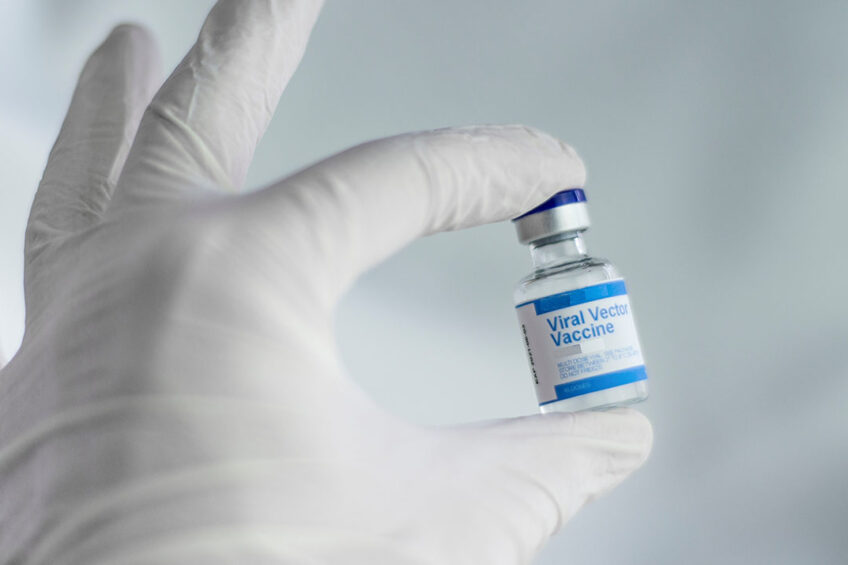Bird flu vaccine testing starts in the US

The United States government has begun testing bird flu vaccines for poultry after a record outbreak, which has seen more than 58 million chickens, turkeys and other birds culled.
Conducted by the US Department of Agriculture’s (USDA) Agricultural Research Service, the trials are a first step towards the possible first use of vaccines to protect US poultry from the lethal virus.
The USDA is testing 2 vaccines developed by its Agricultural Research Service, 1 each from Zoetis and another from Merck Animal Health. Zoetis previously supplied its vaccine to a USDA stockpile in 2016 following the huge outbreak in the US a year earlier, but it was never utilised.
Initial data from the animal study with a single dose of the vaccine are expected to be available in May, with researchers hoping to have 2-dose vaccine challenge studies with results in June.
If the trials are successful and USDA elects to continue development, it would take at least 18-24 months for a vaccine that matches the current virus to be commercially available.
Effect on poultry trade
One of the key stumbling blocks against vaccine use in the past has been the potential effect on trading. Reuters reported that Greg Tyler, president of the industry group USA Poultry and Egg Export Council, had said the government needs to ensure vaccinations would not disrupt trading with major buyers.
In a statement following a stakeholder roundtable with poultry industry leaders and state government officials, acting deputy secretary, Kevin Shea, said the situation on the ground was looking brighter: “Thanks to collaborative state and industry partnerships and enhanced national animal disease preparedness and response capabilities, we are successfully controlling this outbreak and mitigating its impact on US poultry production and trade.”
Biosecurity and surveillance
The lessons learned since the last major HPAI outbreak are many and have reinforced the importance of biosecurity, enhanced surveillance and testing, and on-the-ground personnel to quickly respond to cases and prevent the disease’s spread.
The USDA also said it had achieved tremendous cost-savings during the current outbreak – almost 50% over the last outbreak – while also working to secure regionalisation agreements and keeping markets open with key trading partners.
The vaccine announcement follows France’s decision to launch an order for 80 million doses of vaccines to use in ducks in the autumn if trial results are positive. France would be the first EU member states to adopt such a plan.
Join 31,000+ subscribers
Subscribe to our newsletter to stay updated about all the need-to-know content in the poultry sector, three times a week. Beheer
Beheer











 WP Admin
WP Admin  Bewerk bericht
Bewerk bericht